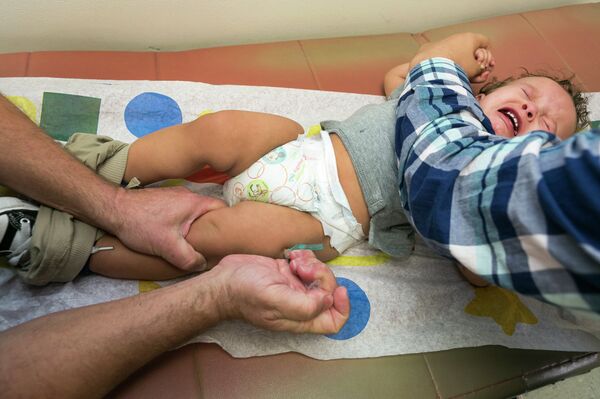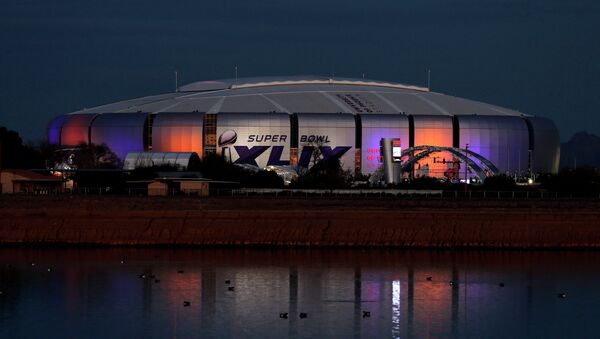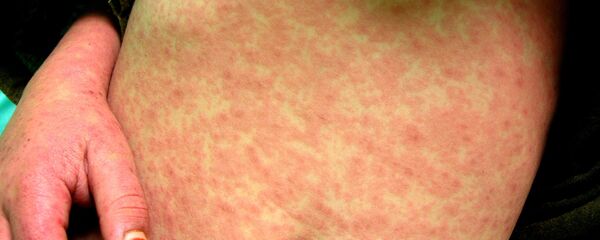Health officials have urged people who think they may have come in contact with the disease to stay isolated and avoid going to doctors’ offices, emergency and urgent-care centers.
"Anybody who is unvaccinated or undervaccinated (received only the first of two recommended doses) who has been exposed to measles patients, needs to be in isolation for 21 days," said Will Humble, director of the Arizona Department of Health Services.
The 1,000 people are linked to a Phoenix woman who has been diagnosed with measles. Health officials say the woman also came in contact with 195 children at an urgent-care center in Maricopa County.
As of now, seven measles cases have been confirmed in Arizona, five in Pinal County, and two in Maricopa County.
Maricopa County Public Health Director Bob England has urged parents who are concerned about sending their children to school or daycare to ask direct questions.
"It is perfectly reasonable to ask their child-care provider or school how many kids in that school are not vaccinated because parents chose not to," he said.
However, England stressed that the goal is to contain the outbreak, not to instill panic.
"I don't want people to change their lives," he said. "If you go out in public, you are way more likely to get the flu. What we're trying to do is nip this in the bud, track people who've been exposed, keep them out of child care and work, so it doesn't become widespread."
Expecting thousands of people at the biggest sporting event in America, the University of Arizona is sending medical students to the Super Bowl to help spot people with measles-like symptoms, reports ABC News.

Measles is a highly contagious disease that begins with a fever, cough, runny nose, and red eyes, followed by a rash that moves downwards. It can cause blindness and deafness and could be deadly, especially for young children whose immune system is vulnerable.
Symptoms generally appear seven to 12 days after exposure and could last for 21 days. It is treated with ibuprofen or acetaminophen.
People are advised to get vaccinated at local pharmacies, however, the vaccine could cost up to $100 per shot.
The outbreak started at Disneyland Parks in California during the Christmas season and has grown to over 80 cases in several states.



